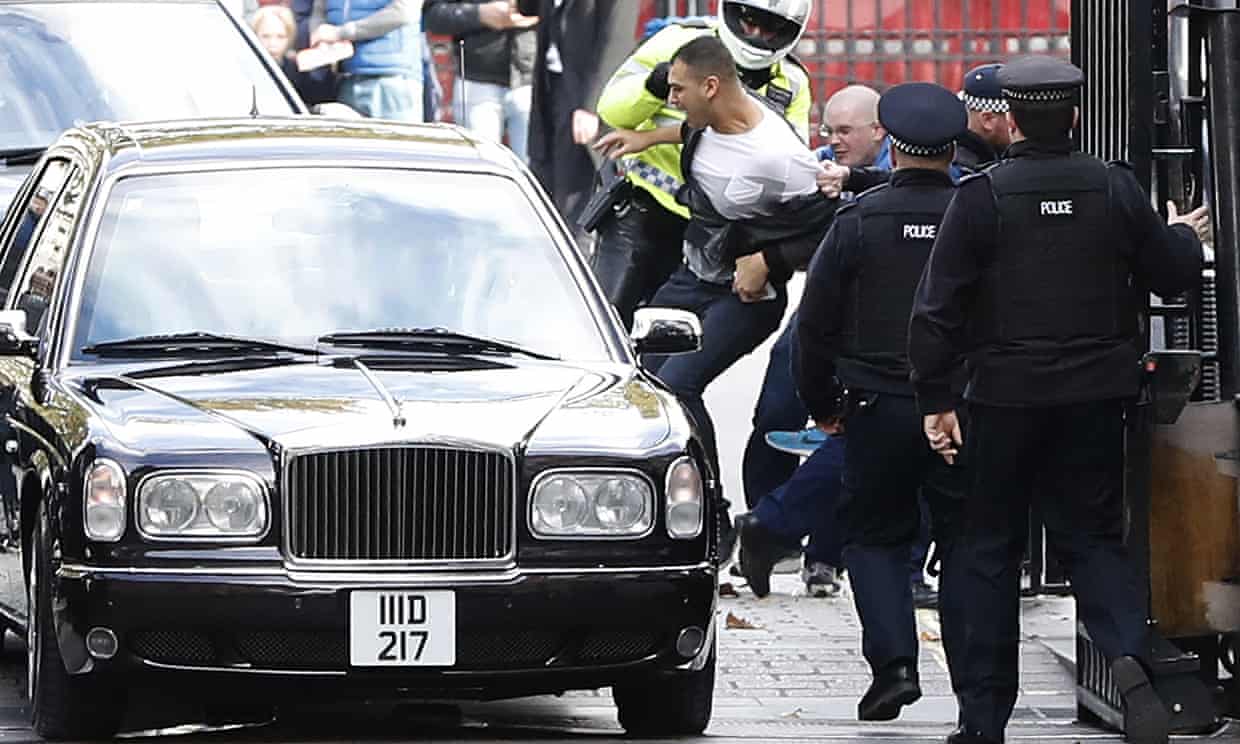8 November 2016 – Bill Browder, author of the best-selling book, “Red Notice: How I Became Putin’s Number One Enemy,” and leader of the global Magnitsky Justice campaign, will testify in the British parliament today, 8 November 2016, at 3:45 pm.
The hearing entitled “Critics of the Kremlin give evidence” is part of an inquiry on the UK’s relations with Russia and is organized by the Foreign Affairs Committee of the House of Commons.
Mr Browder will speak about his personal experience of dealing with Russian authorities, who have declared him a threat to national security; his campaign’s recent discoveries connecting illicit funds stolen from the Russian people directly to President Putin’s cronies; the role of Western enablers in attempting to protect Russia’s kleptocrats in the UK, and the implications for UK-Russia policy.
Mr Browder will talk about the fate of his young Russian lawyer, Sergei Magnitsky, who uncovered the theft of US$230 million from the Russian treasury by a criminal enterprise involving Russian officials, and who was killed in Russian police custody at the age of 37.
After Magnitsky’s death, Russian authorities posthumously accused him of the crime he had uncovered and exonerated all officials.
The Global Magnitsky Justice campaign has uncovered illicit funds connected to the US$230 million laundered in multiple jurisdictions, including the UK, and a number of proceedings around the world have been initiated as a result.
The Global Magnitsky Justice campaign also calls for targeted visa and financial sanctions on those connected to Sergei Magnitsky’s death and the crime he had uncovered. A law imposing such sanctions was introduced in the USA in 2012. A similar legislation has been initiated in the UK.
The testimony by Mr Browder on UK-Russia relations will take place at Boothroyd Room, Portcullis House, and will start at 3.45pm on Tuesday, 8 November 2016.
Mr Browder will be preceded by Russian dissident Mikhail Khodorkovsky who will also give evidence to the committee.
For more information, please contact:
Justice for Sergei Magnitsky
e-mail: info@lawandorderinrussia.org
Announcement of the hearing on UK-Russia relations at the Commons Select Committee:







![Current ICC prosecutor Bensouda is a former Gambian justice minister [Jerry Lampen/EPA]](http://www.aljazeera.com/mritems/imagecache/mbdxxlarge/mritems/Images/2016/10/26/e90632a5450741dd862796f0e86fd3cf_18.jpg)